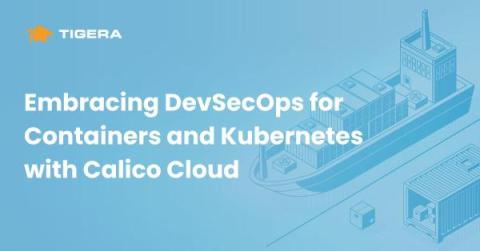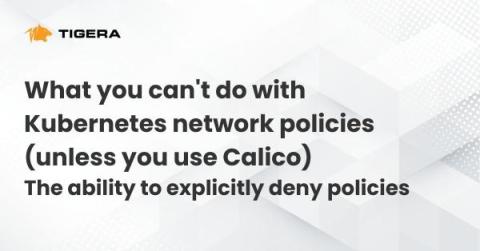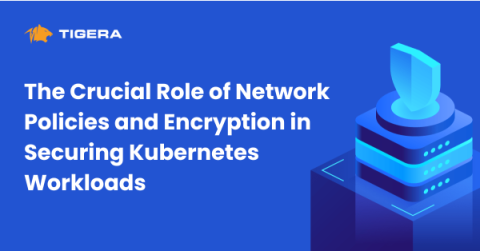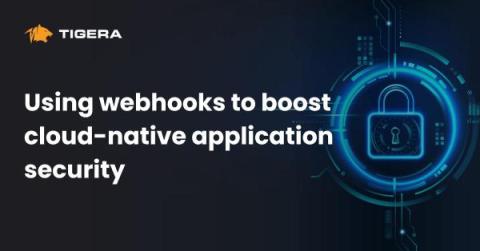Embracing DevSecOps for Containers and Kubernetes with Calico Cloud
DevSecOps is a collaborative practice that incorporates security into the development and delivery of software. DevSecOps encourages a culture where security, development, and operations teams collaborate closely; this collaboration ensures that security considerations are understood and implemented by everyone involved in the software development lifecycle.





